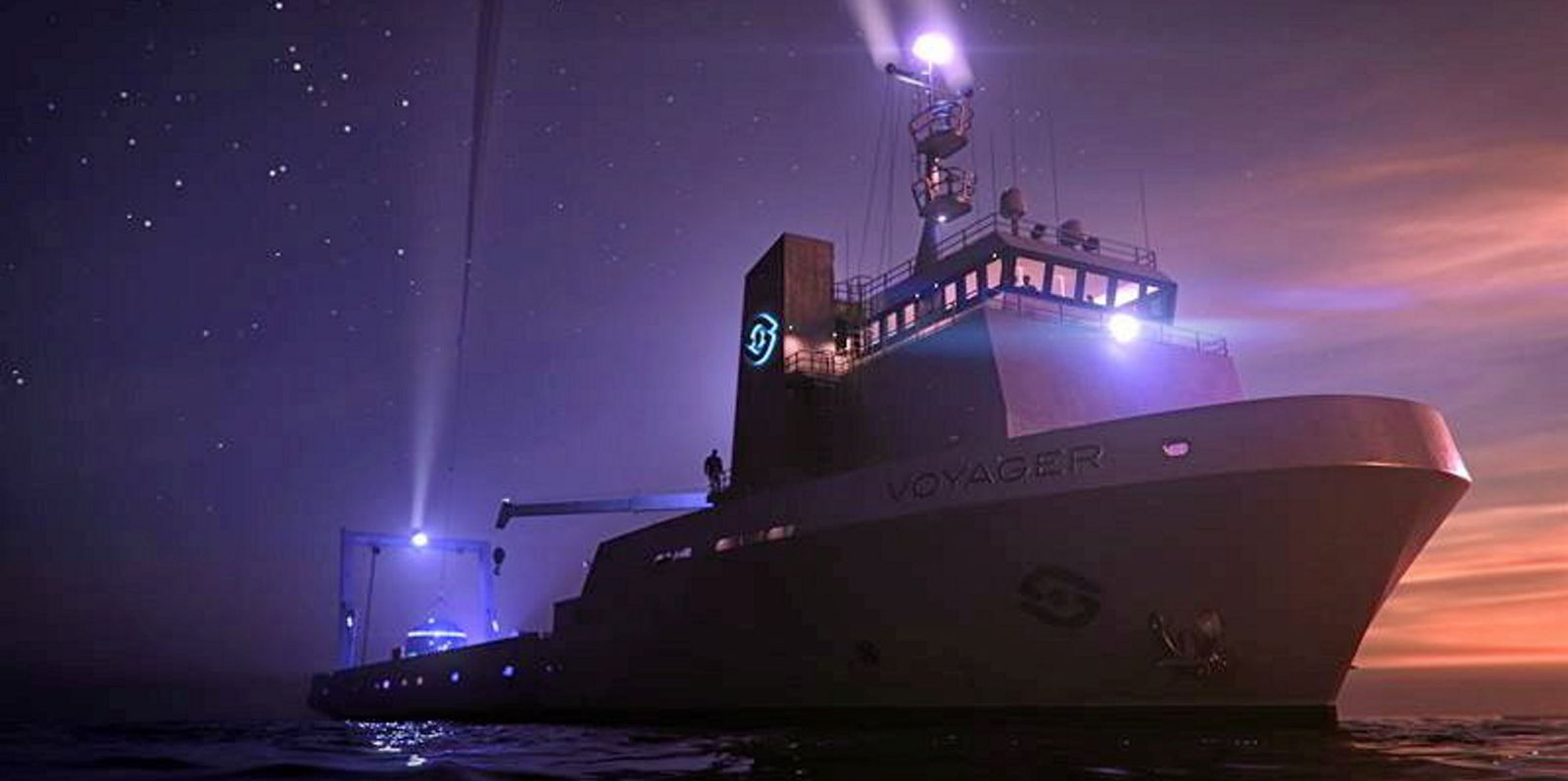Many unwanted platform supply vessels have been sold out of the oil and gas industry in the past few years for conversion into yachts, aquaculture ships or beach clean-up units.
But only one is being turned into the world’s first floating spaceport.
This is the 3,100-dwt Voyager (ex-C-Challenger, built 1998), sold by Edison Chouest Offshore of the US last year for $5m to Florida start-up Space Perspective. It is being converted under the supervision of class society ABS.
Eventually, the Voyager will launch the company’s hydrogen-filled SpaceBalloon called Spaceship Neptune, a craft that will carry a captain and eight passengers out of the atmosphere to 20 miles (32 km) above the Earth.
The six-hour flight will end with a splashdown in the US Gulf or the Caribbean, where the Voyager will retrieve it.
The ship is the first in a planned fleet operating globally for Space Perspective.
Modifications to the PSV include adding the SpaceBalloon launch system and a space capsule A-frame, which will house Spaceship Neptune using a specially designed cradle on the aft deck.
ABS this month published international requirements for the design and construction of offshore spaceports, recognising the increase in global demand for offshore spacecraft launch and recovery.
These are based on service experience with aerospace rocket launch and recovery companies to guide the burgeoning maritime aspects of the space flight industry in the safe design and construction of offshore assets.
A fast-growing industry
“The offshore space industry is growing rapidly, and ABS is already a pioneer in the field of offshore space support with our industry-leading work on autonomous rocket recovery droneships,” said Miguel Hernandez, ABS’ senior vice president of global offshore.
“This new publication allows ABS to provide clear support for organisations that are engaging with regulatory agencies to reactivate assets such as offshore support vessels, barges and liftboats to support space flight.”
Taber MacCallum, founder and co-CEO of Space Perspective, said: “The future of space travel is on the water. Voyager unlocks flexible launch locations, ideal launch conditions and more frequent launch opportunities.
“Our collaboration with the experts at ABS is helping us make space travel more accessible to the world than ever before. ABS’ expertise to certify the world’s first marine spaceport in Voyager is making this all a reality.”(Copyright)




